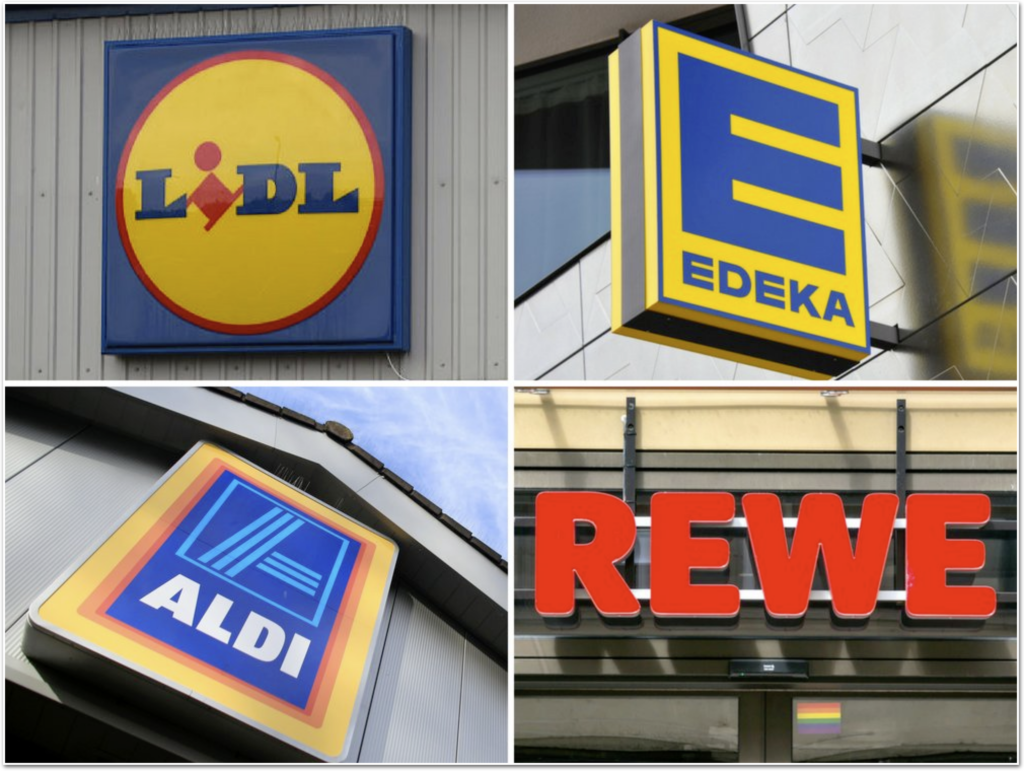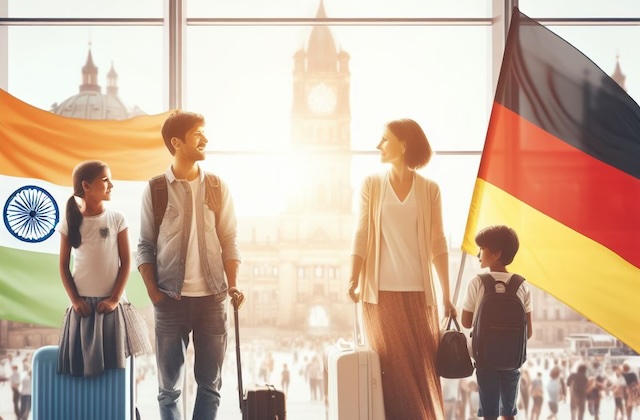Dear Expats! Namaste and welcome to Deutschland! As a fellow Indian who has navigated the transition to life in Germany, I understand the excitement and challenges that come with the move.
⚠️ One important thing! Even before coming to Germany, negotiate support for settling in Germany. Generally, most of the good companies provide it via a third party. It is quite possible that many companies might not provide it if not asked before. Running around in Government offices without knowing the German language could be overwhelming and frustrating! So take this tip seriously 🤓
To help make your arrival smoother, here are ten essential things you should do:
1. Complete Your Registration
Upon arrival, it’s crucial to register your address at the local Foreign Office and City Office. This is a legal requirement and will enable you to obtain important documents and services. Google the text “ausländeramt” for the foreign office and “Einwohnermeldeamt” for the city office.
You might need the help of a German colleague or friend for the first time. Germans are generally helpful, but you need to ask for help. Don’t expect proactiveness! From my personal experience, HR guys will be most helpful, but for best results, book a meeting appointment. 📅
2. Open a Bank Account
Head to a local bank to open a German bank account. This is essential for managing your finances, receiving your salary (if applicable), and handling day-to-day transactions. There are many banks available in Germany. The list is below. I would recommend N26 based on my personal experience, as the account opening process is super quick (less than 10 minutes!), provided you have all the necessary documents. Deutsche Bank is also recommended. It is like our SBI bank.
- Deutsche Bank: One of the largest and most well-known banks in Germany, offering a wide range of financial services globally.
- Commerzbank: Another major German bank providing services in retail banking, corporate banking, and asset management.
- KfW Bank: A government-owned development bank that focuses on supporting infrastructure projects, environmental sustainability, and small to medium-sized enterprises.
- UniCredit Bank (HypoVereinsbank): A part of the UniCredit Group, it is one of the leading banks in Germany, offering various financial products and services.
- DZ Bank: The central institution for more than 800 cooperative banks (Volksbanken Raiffeisenbanken) in Germany, providing services in retail banking, corporate banking, and capital markets.
- ING-DiBa is a major Internet bank in Germany known for its online banking services, savings accounts, and consumer loans.
- KBC Bank Germany: A subsidiary of the Belgian KBC Group, offering retail and corporate banking services in Germany.
- N26: A popular mobile bank (neobank) that operates entirely online, providing a range of banking services through a mobile app.
- DKB (Deutsche Kreditbank): An internet bank that offers various financial products, including current accounts, savings accounts, and loans, with a focus on online services.
- Hypo Real Estate (HRE Group): A group of financial institutions, including Deutsche Pfandbriefbank and pbb Deutsche Pfandbriefbank, specializing in real estate and public investment finance.
3. Get Health Insurance
Ensure you have health insurance coverage. Germany has a mandatory health insurance system, and having valid coverage is necessary for your residency permit. There are two kinds of health insurance – Public and Private. Most of the people take Public insurance. There are pros and cons of both kinds of insurance. The two most popular insurance companies that I know of are BARMER and TK. I am using BARMER. There is no specific reason. I reached out to both of them upon my arrival, and BARMER responded first.
4. Learn the Basics of Public Transportation
Familiarize yourself with the local public transportation system. Germany’s efficient public transport is the key to exploring the country, so understand ticketing, schedules, and routes early on. I would strongly recommend taking a Deutschland ticket, which costs around 49 Euros per month per person (Kids under six years travel free)
5. Obtain a SIM Card
Get a local SIM card for your phone. It’s crucial for communication and accessing essential services. You can find affordable prepaid options at various mobile service providers. The best services are from Deutsche Telekom (just kidding – I work there), but there are other options like Vodafone, O2, etc.
One of the shocks you may experience during the SIM card would be data costs, which are extremely high compared to India. You might have to survive with 3GB or 5GB of data for a month, contrary to what you were spending in a day. So use WiFi as much as possible!
6. Understand Waste Separation
Germany is meticulous about waste separation. Learn about the recycling system in your area to dispose of waste properly. Bins are usually colour-coded, representing different types of waste. More information here – Separate waste in Germany
Make a note of it and take it seriously; otherwise, German authorities will levie fines.
7. Explore Your Neighborhood

Take a stroll around your neighbourhood to discover local shops, parks, and amenities. This will help you settle in and get a feel for your new surroundings. There are multiple supermarkets. The popular names are ALDI, LIDL, REWE, etc. Look for these logos, and your food will be sorted.
You might find most of the things for daily staples here. However, if you finicky about the taste (which I am sure you will be!) you can check out Turkish/ Asian shops in your neighbourhood.
Also, multiple online stores have come up that deliver grocery items like Aata, Rice, etc., to your doorstep for a minimal delivery fee or even free for an order above certain euros. You might want to check them out
8. Enroll in a Language Course
While many Germans speak English, learning the local language can significantly enhance your experience and integration. Consider enrolling in a language course to build your German skills. There are many German language institutes. They are good but, at the same time, pricey. It is strongly recommended to go A1+A2 from India to have some foundation.
If you are a blue card holder and you intend to take PR after two years, you must be B1 certified and A1 certified after three years (at the time of writing this post). Please ensure that you are getting a certification from either Goethe or Telc. For PR, you will need more things along with German language certification; check out my other post on getting PR
9. Connect with the Indian Community
Join local Indian community groups or online forums to connect with fellow expats. They can provide valuable insights, support, and tips on navigating life in Germany. Here are some Facebook groups that you can join.
10. Start Looking for a House
This is super important as more than 60% of people living in Germany live in rented accommodations, so it becomes challenging. Your settlement support will be most useful in finding a house and guiding you to it.
Remember, adapting to a new country takes time, so be patient with yourself. Embrace the unique experiences and opportunities that Germany has to offer. Viel Erfolg (good luck) on your new adventure!

